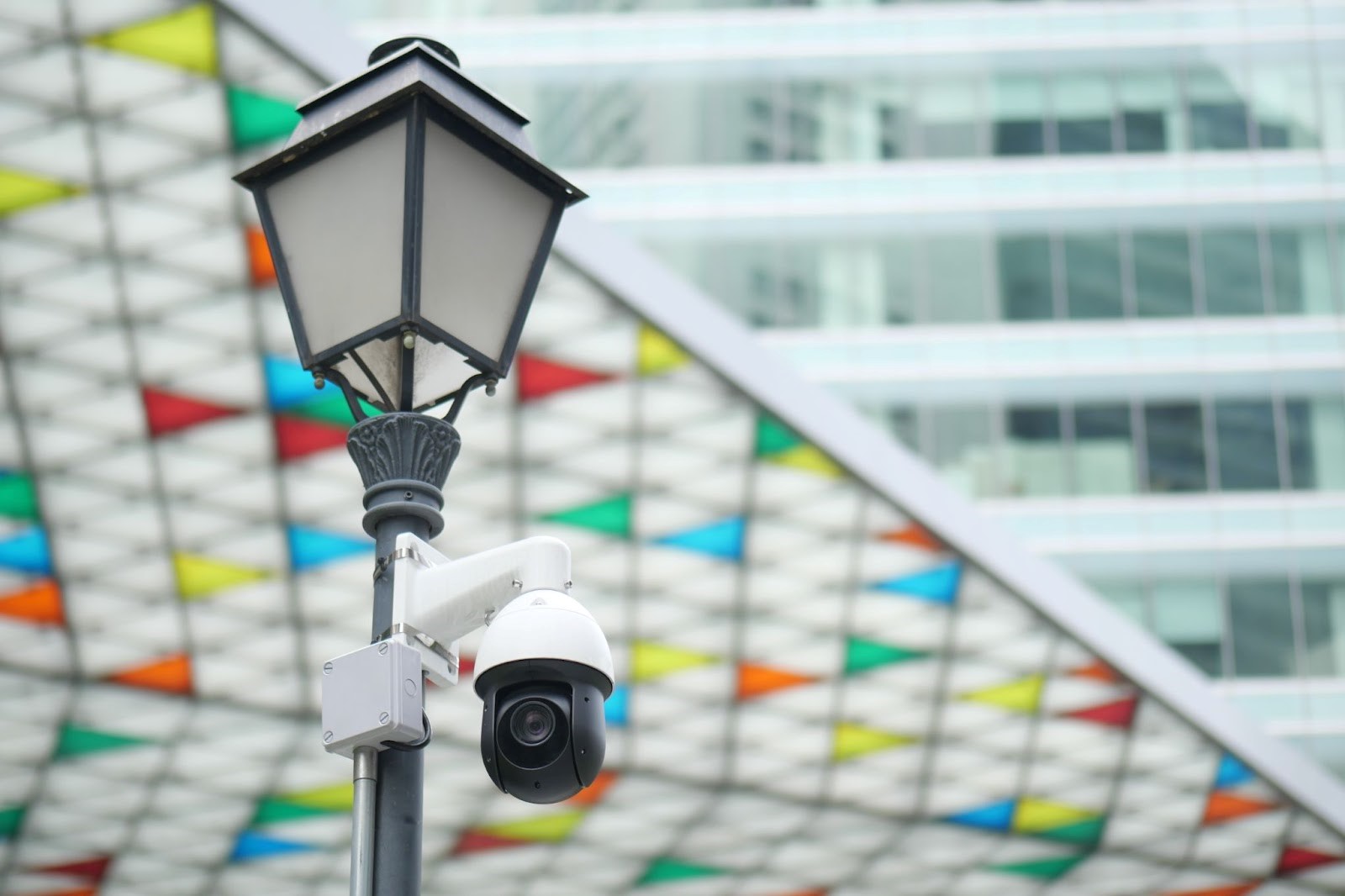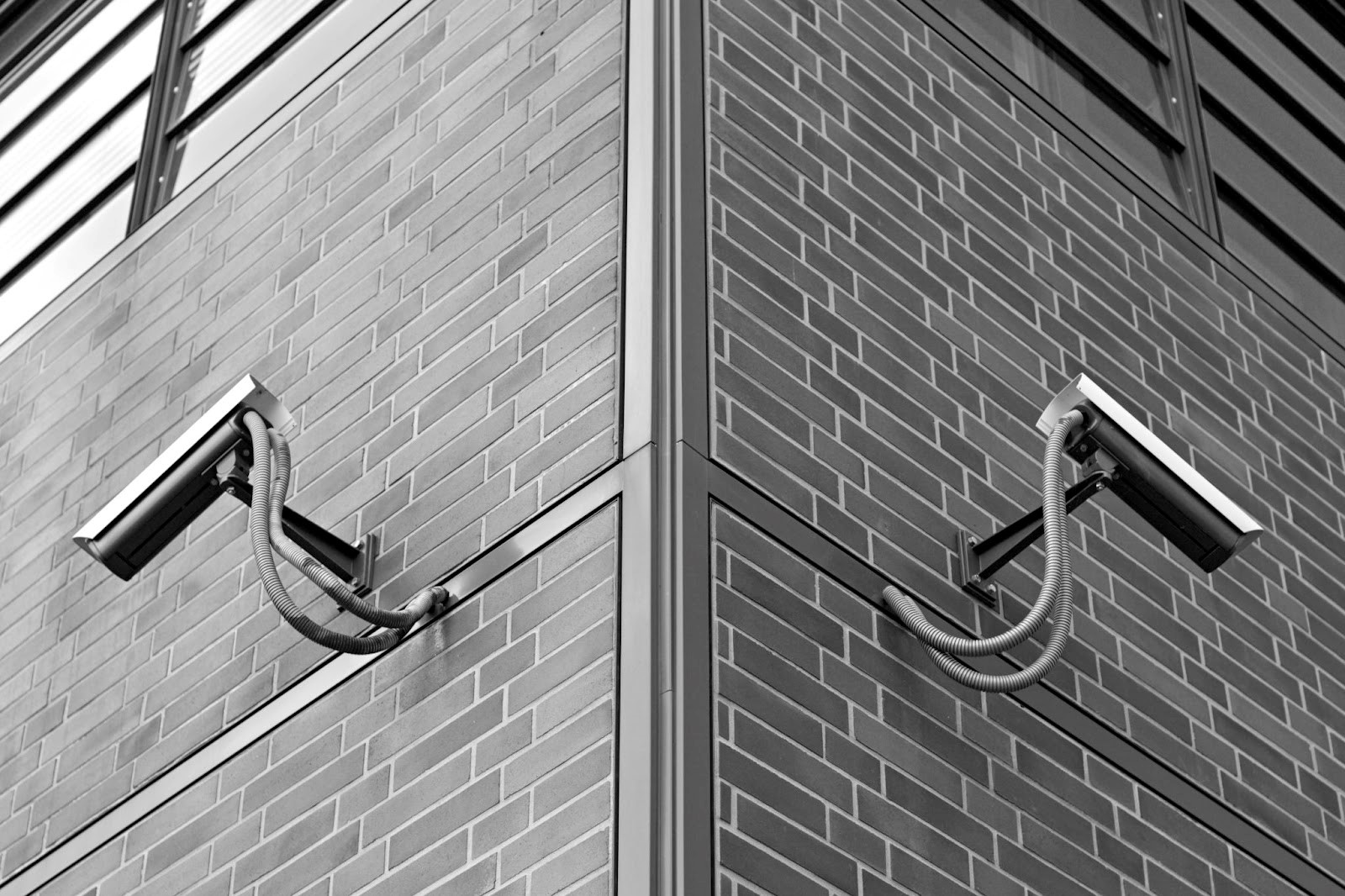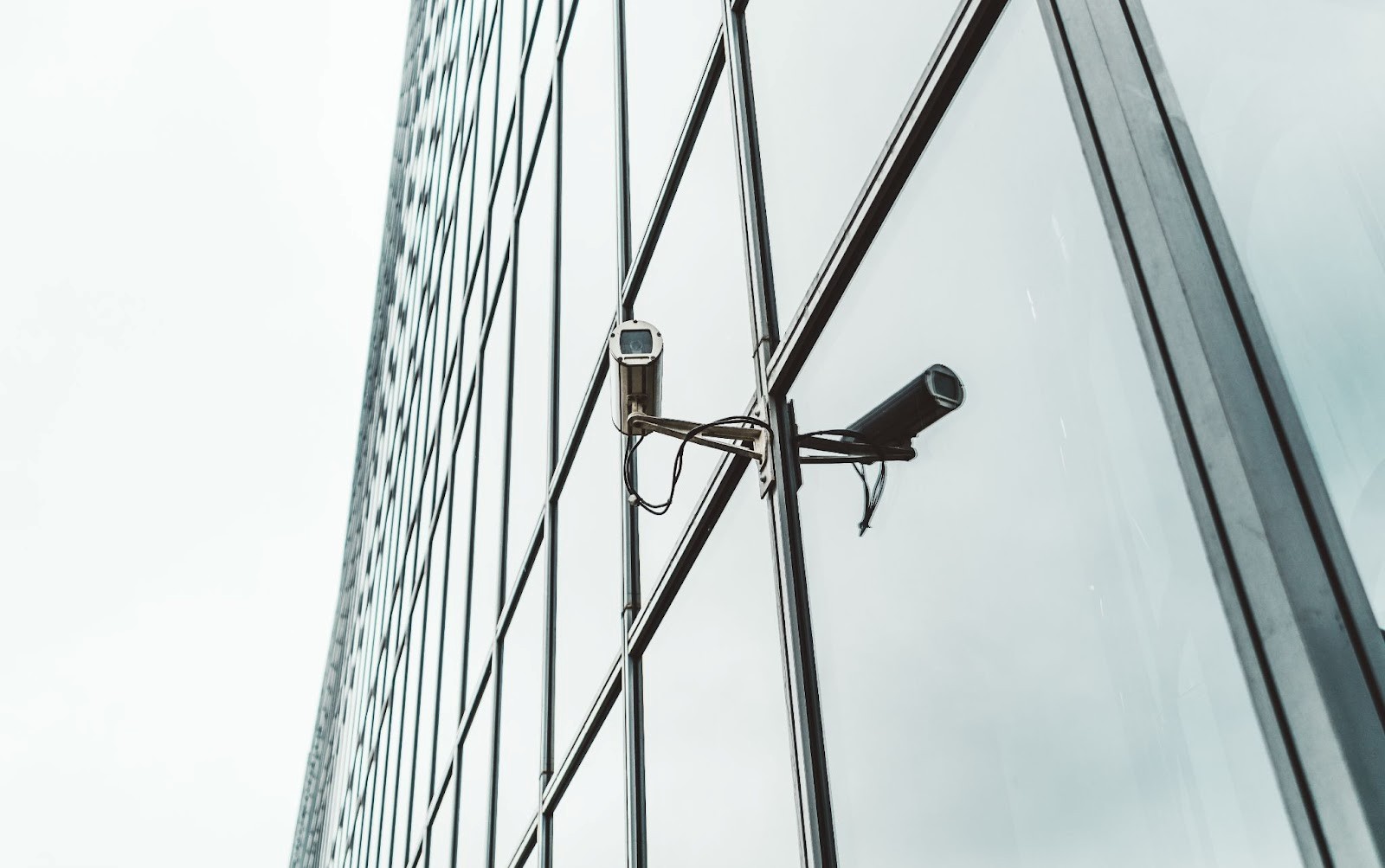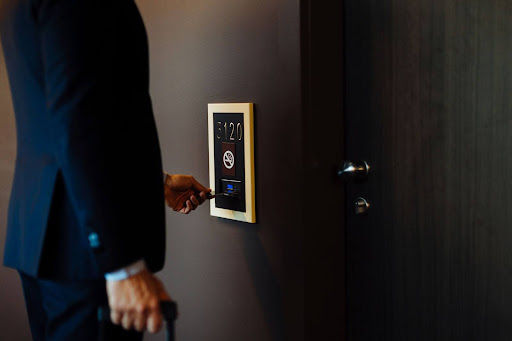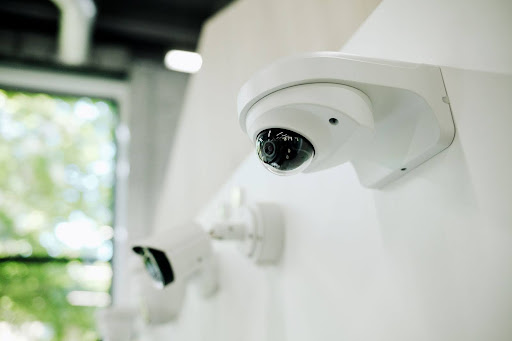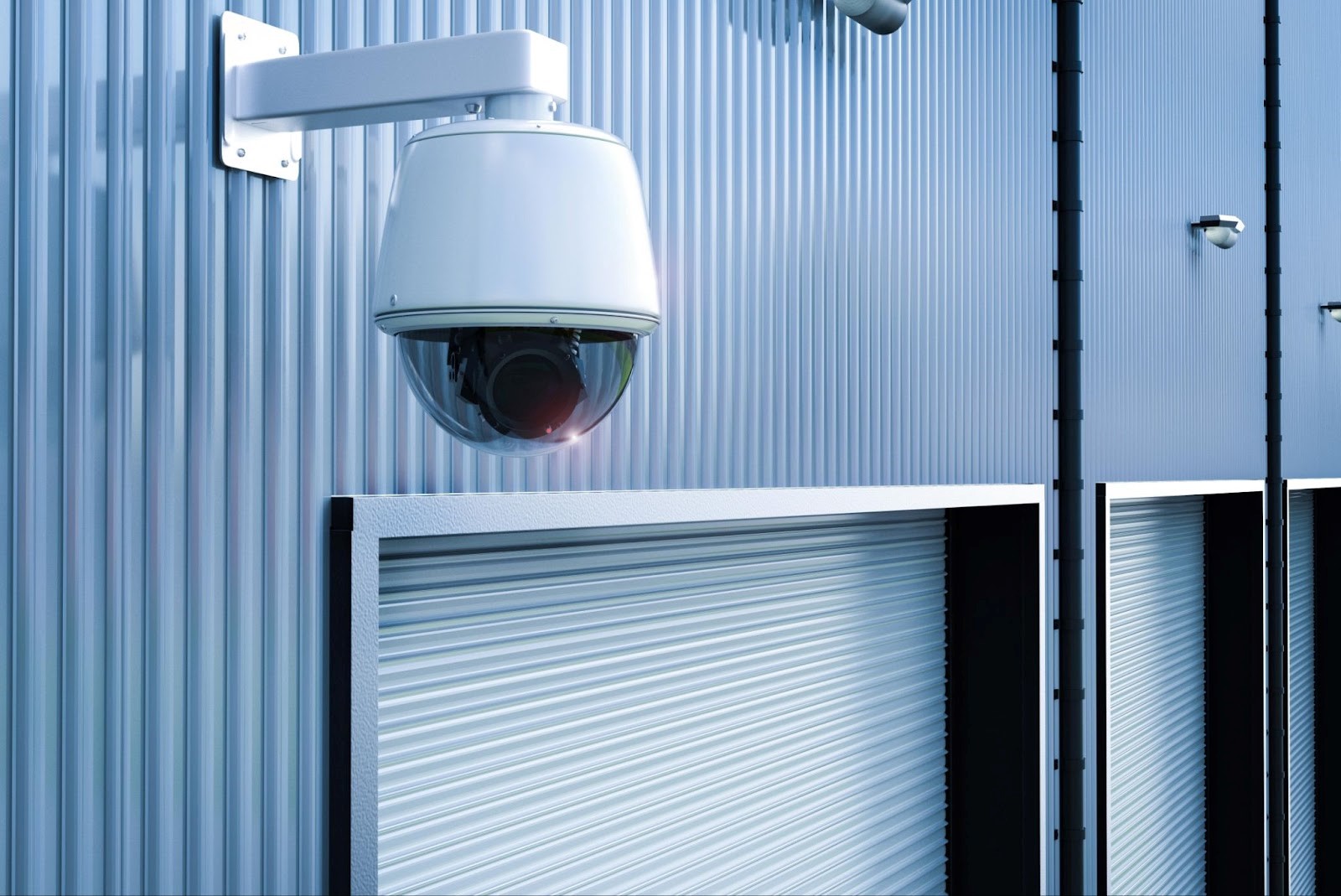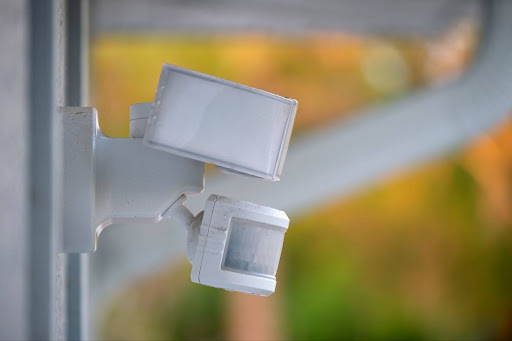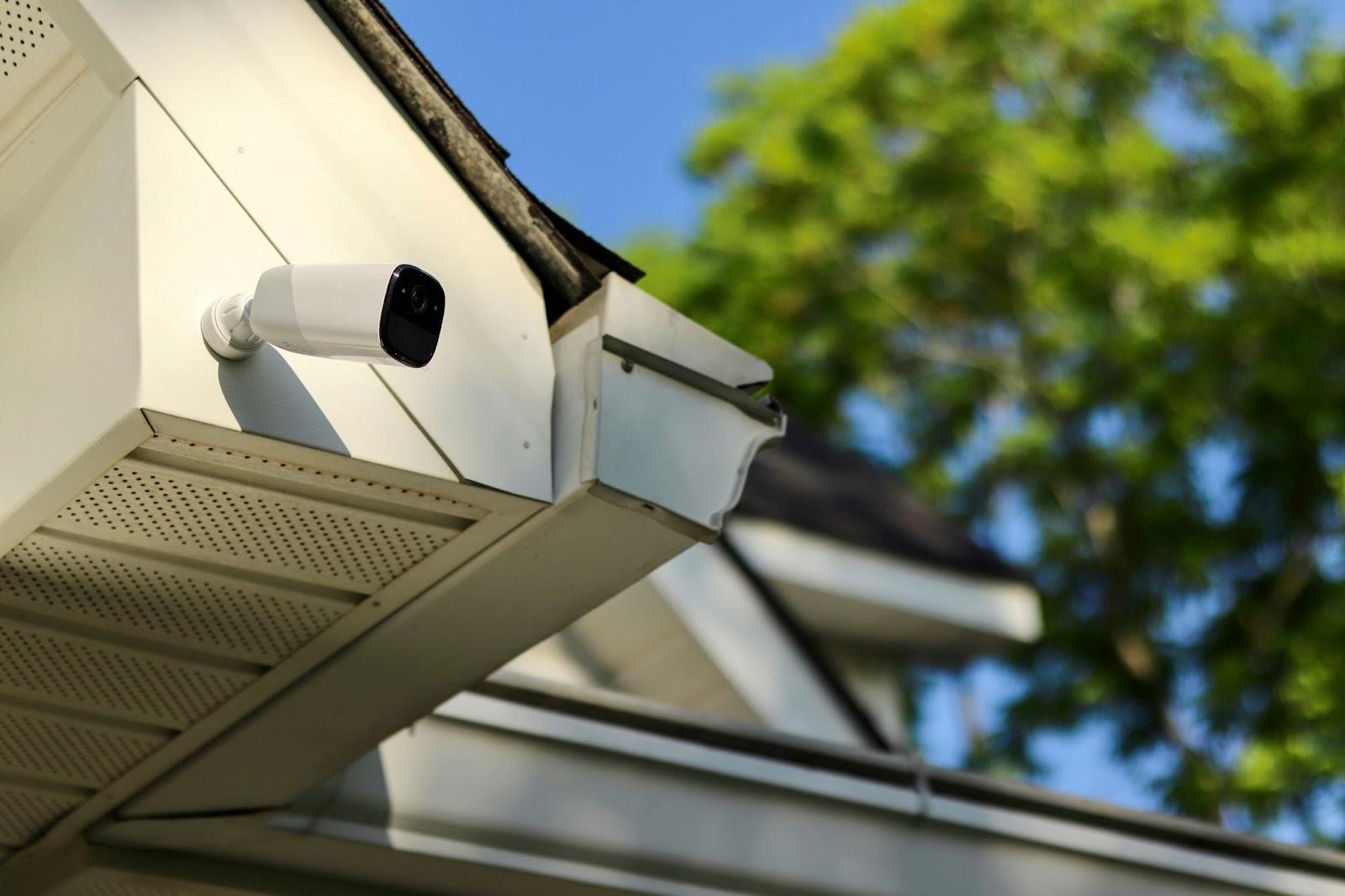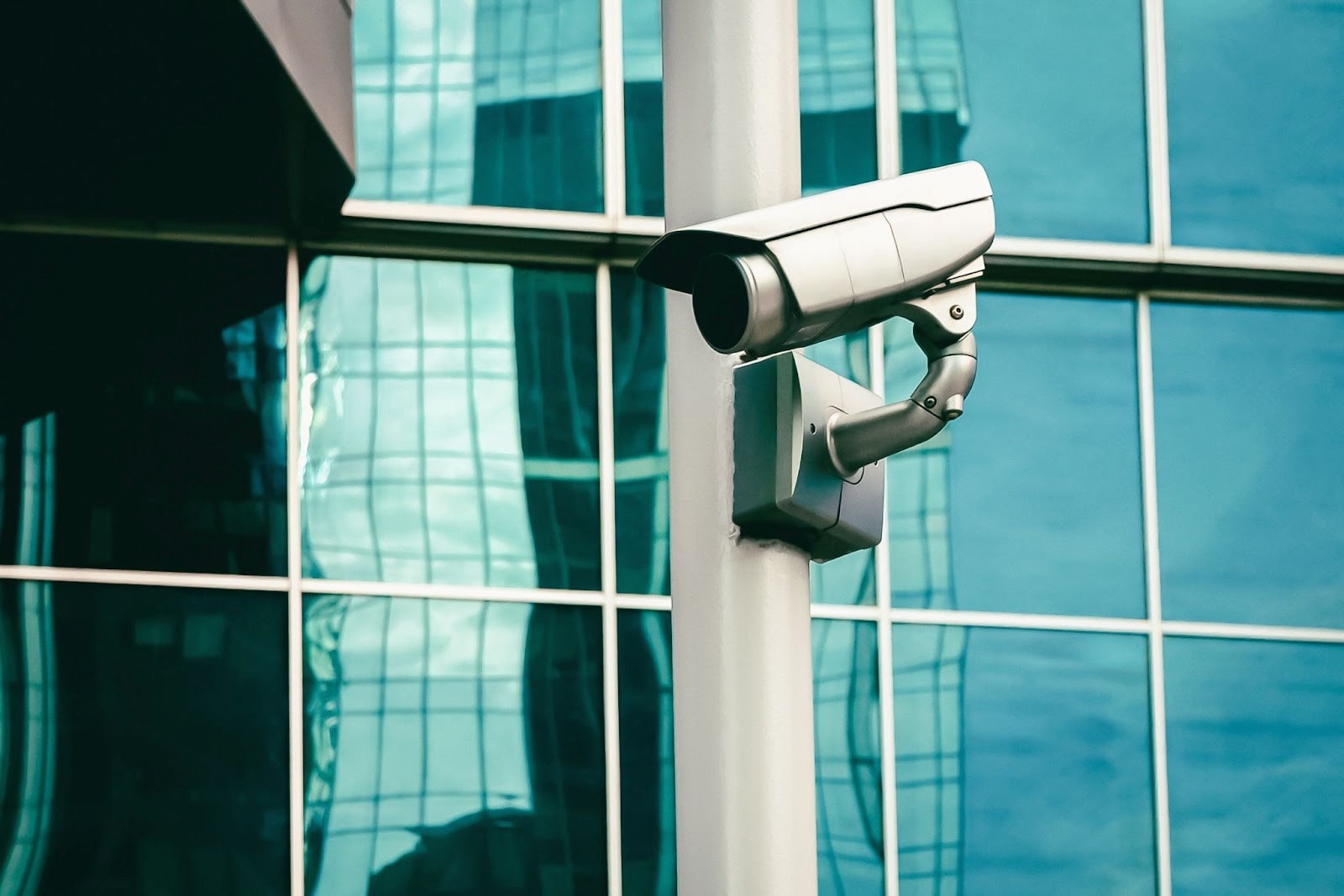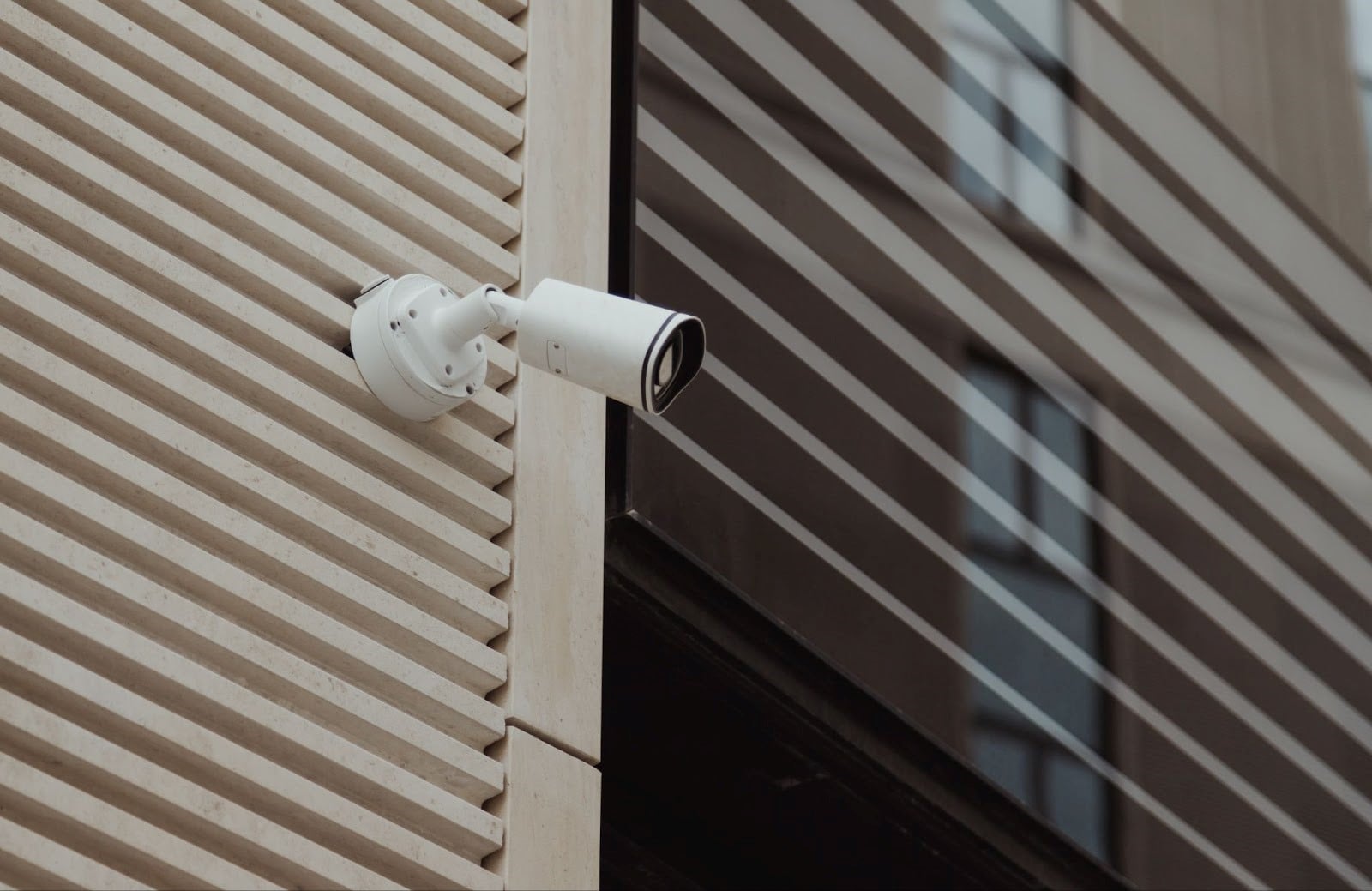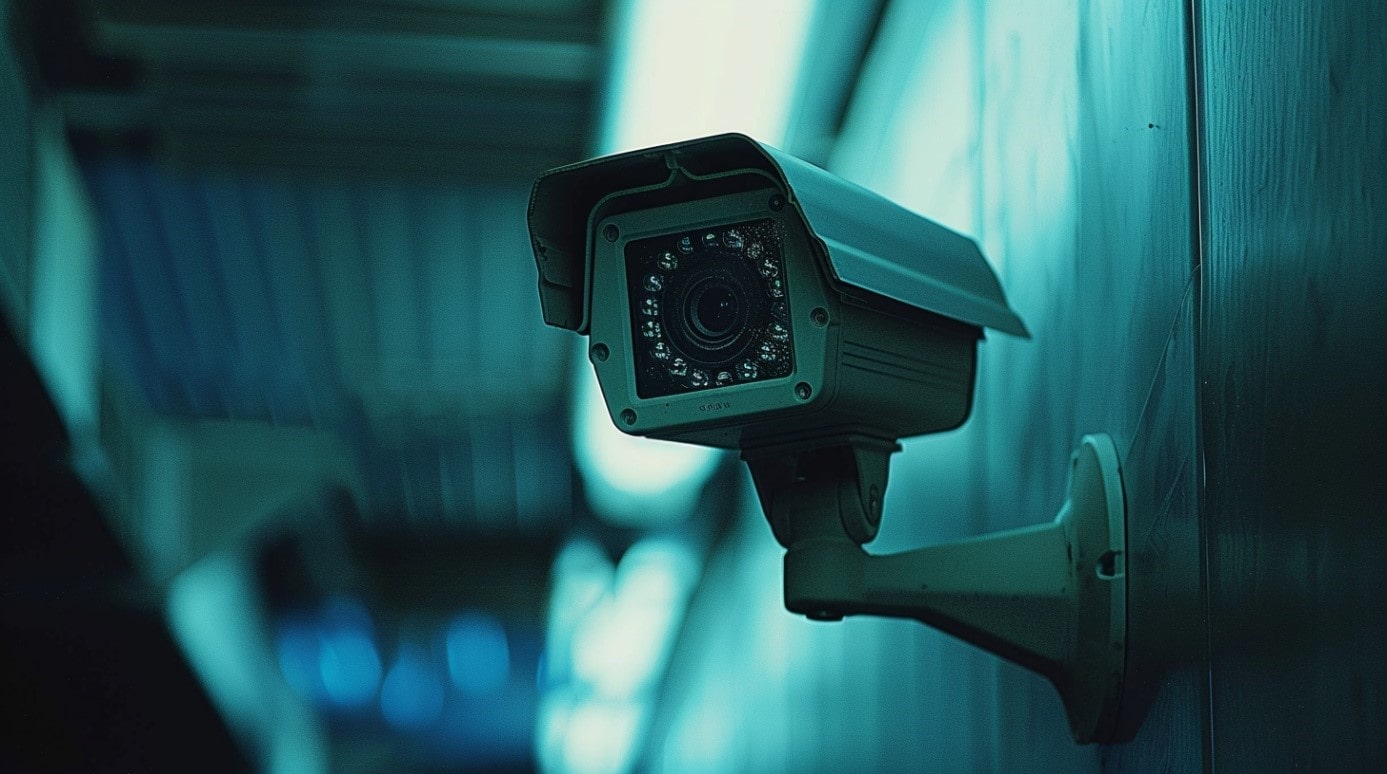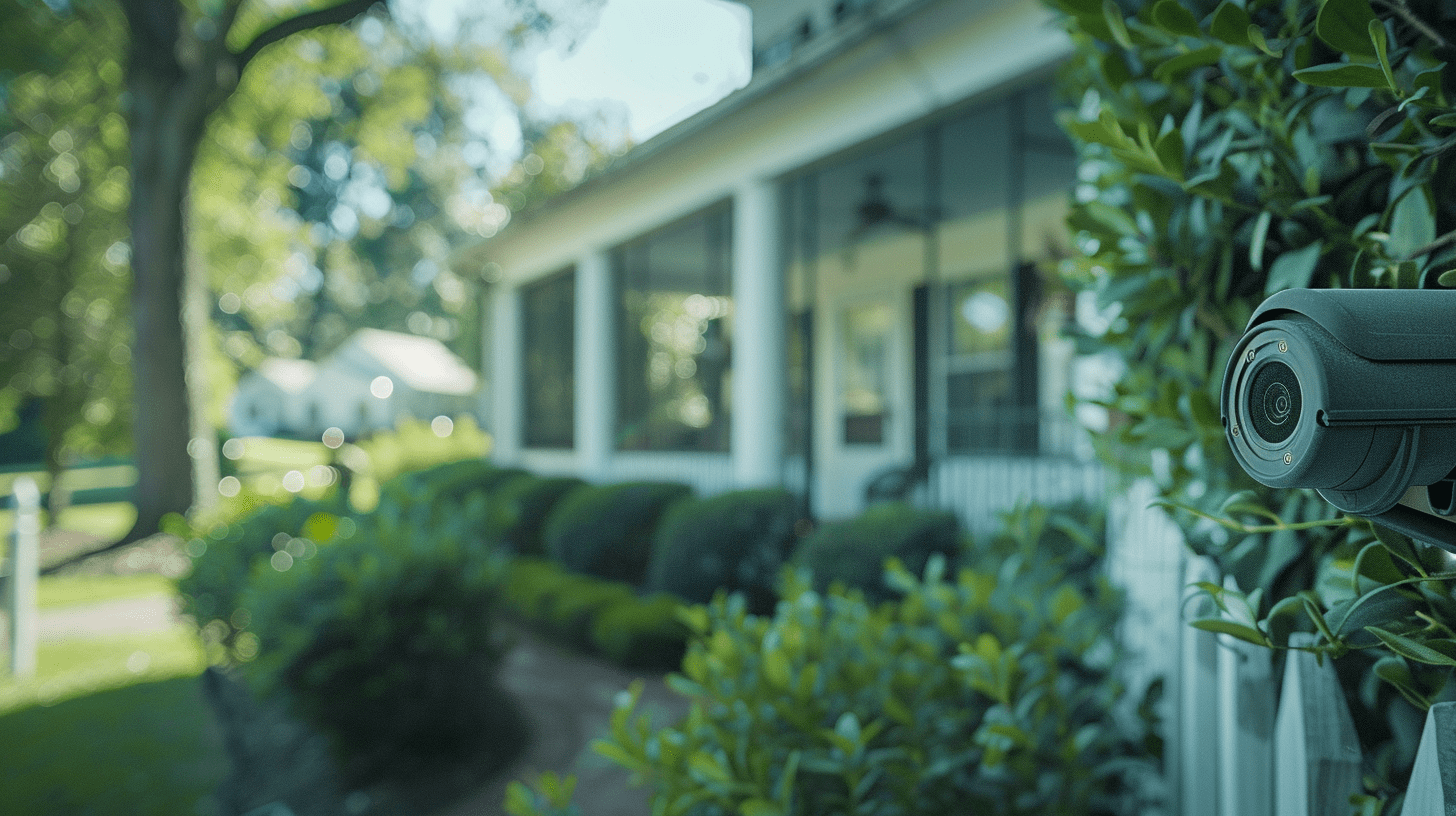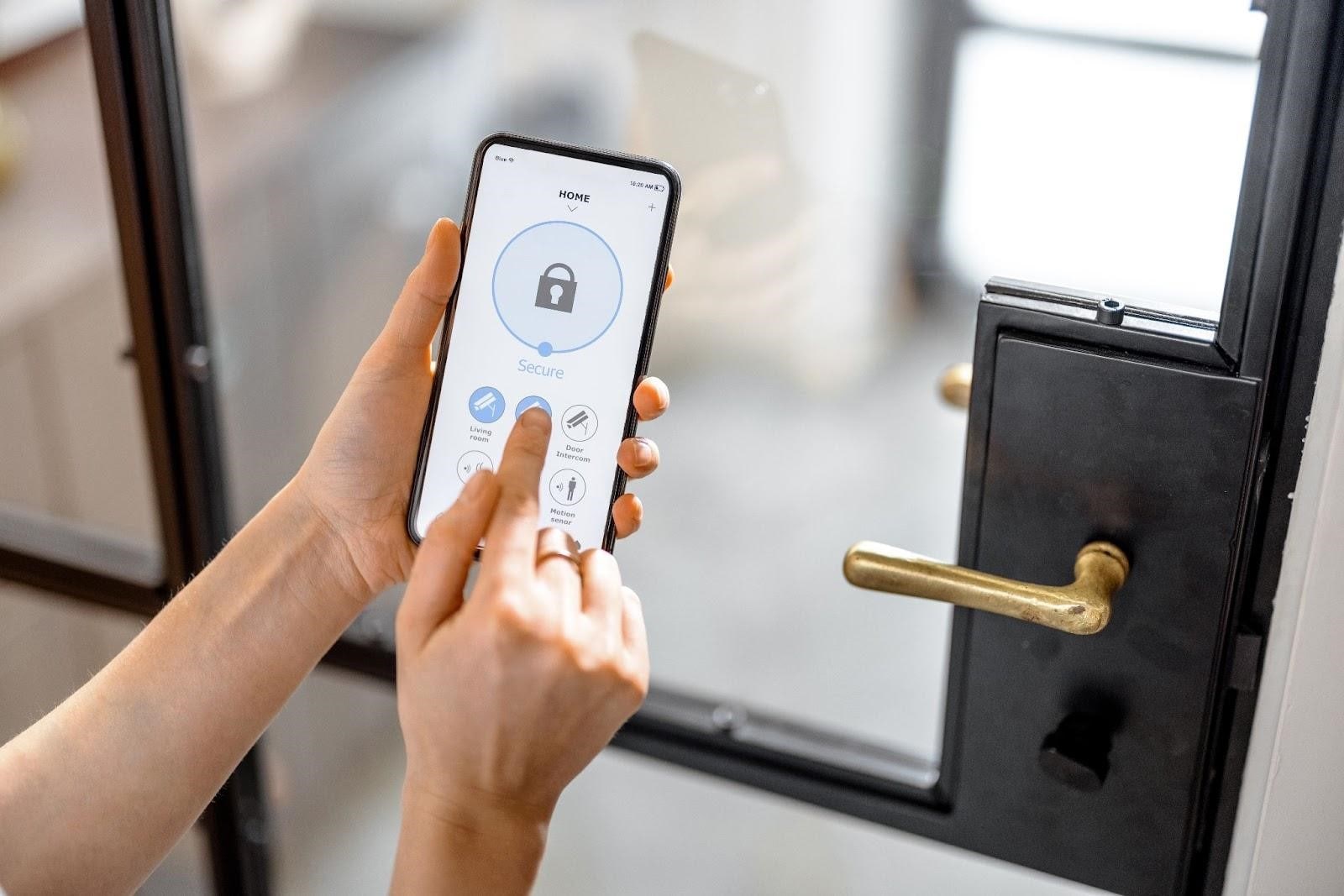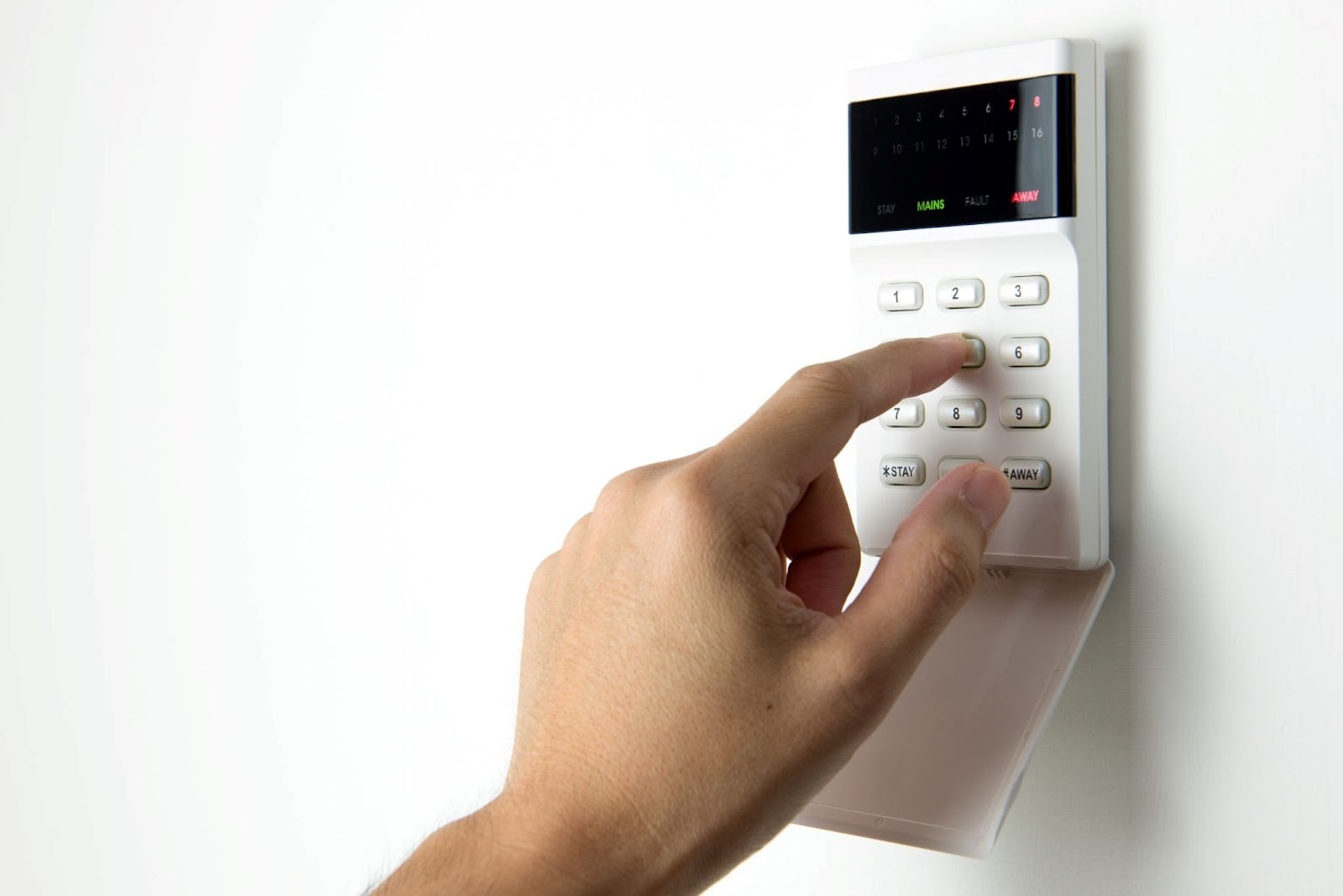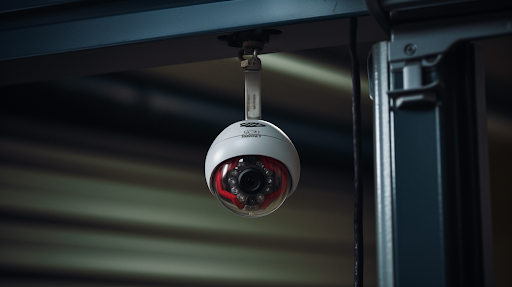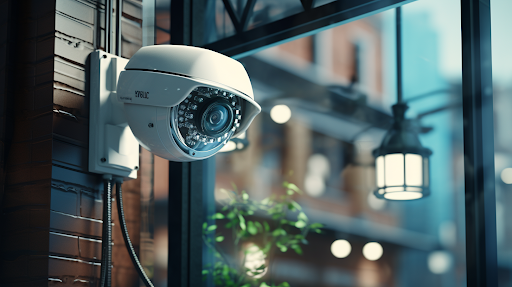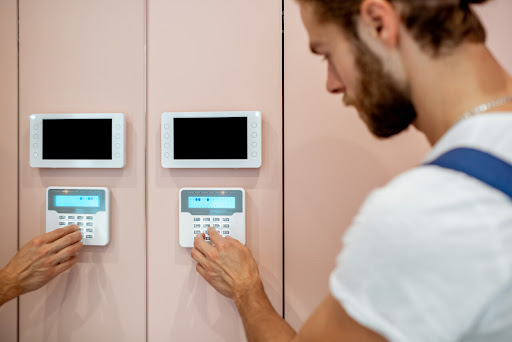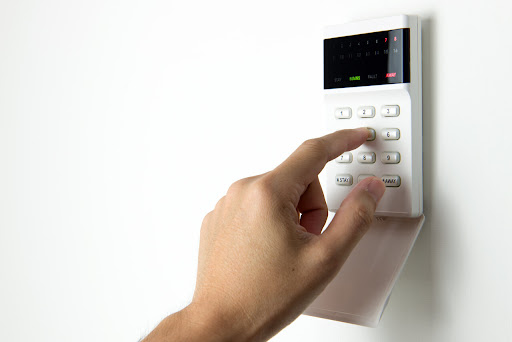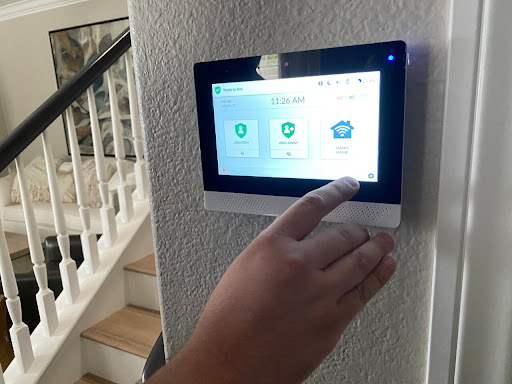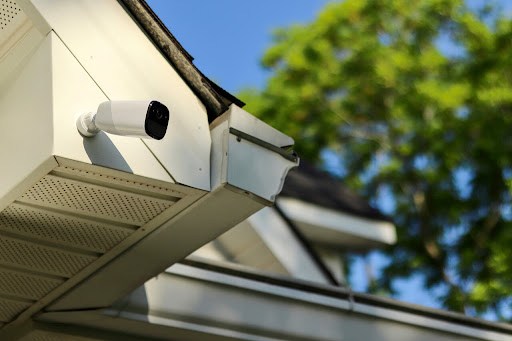
Workplace Surveillance Laws in Canada: What Employers Must Know
Sommaire
- What Is Workplace Surveillance ?
- What Laws Govern Workplace Surveillance in Canada?
- Federal Privacy Laws
- PIPEDA
- The Privacy Act
- Provincial Privacy Laws
- Case Law and Common Law Principles
- How Do Workplace Surveillance Laws Work for Businesses in Quebec?
- Legal Framework
- Key Surveillance Rules
- Valid Purpose Required
- Limit Intrusiveness
- Employee Notification
- Consent and Data Use
- Enforcement and Risks
- How Do I Make My Workplace Compliant with Canadian Surveillance Laws?
- 1. Know Which Laws Apply
- 2. Have a Clear Purpose
- 3. Create a Written Policy
- 4. Inform Employees
- 5. Limit Intrusiveness
- 6. Obtain Consent (Where Appropriate)
- 7. Safeguard the Data
- 8. Review and Update Regularly
- Can Employers Use Hidden Cameras in the Workplace?
- What Are the Legal Risks of Improper Workplace Surveillance in Canada?
- How Sting Security Helps Maintain the Legality of Workplace Surveillance
- Compliance-Focused System Design
- Privacy-Safe Installation Practices
- Access Controls & Data Security
- Ongoing Legal Awareness
- Sting Security: Commercial Security Solutions for Every Business
Workplace surveillance is on the rise in Canadian businesses, driven by evolving technologies and a growing focus on productivity and security. But with increased monitoring comes heightened legal and ethical scrutiny. This blog unpacks the legal landscape surrounding workplace surveillance in Canada, covering key federal and provincial laws as well as practical steps employers can take to ensure lawful and respectful monitoring practices!
What Is Workplace Surveillance ?
Workplace surveillance refers to the observation and monitoring of employees by an employer using various tools such as security cameras, email and Internet tracking, GPS location systems, keystroke loggers, and productivity monitoring software.
In Canada, workplace surveillance is legal but subject to strict limitations under privacy legislation. Employers must ensure that surveillance is reasonable, proportionate, and conducted for legitimate business purposes. Additionally, employees must be informed of the surveillance practices in place, and the collection, use, and storage of personal information must comply with applicable federal or provincial privacy laws.
To be lawful, surveillance must:
- Serve a legitimate business purpose (e.g., safety, preventing theft, etc.)
- Be reasonable and not overly intrusive
- Comply with federal or provincial privacy laws
- Be clearly communicated to employees, with safeguards in place
Unauthorized or excessive surveillance can violate employee privacy rights and lead to legal penalties. At Sting Security, we provide compliant, high-quality surveillance systems tailored to Canadian businesses.
Our solutions are designed to:
- Support legitimate operational needs without compromising employee trust.
- Offer scalable, privacy-conscious tools like smart video monitoring and access control.
- Ensure your workplace surveillance respects legal standards and privacy obligations.
The Best Commercial Security Solutions
What Laws Govern Workplace Surveillance in Canada?
Federal Privacy Laws
PIPEDA
- In Canadian workplaces under federal jurisdiction, workplace surveillance is primarily governed by the Personal Information Protection and Electronic Documents Act (PIPEDA).
- This statute applies to federally regulated employers such as banks, telecommunications companies, and interprovincial transport firms.
- Under PIPEDA, any use of surveillance cameras, video recording, or electronic monitoring tools must comply with specific legal requirements, including obtaining meaningful consent and demonstrating that the monitoring is necessary for a legitimate business purpose.
The Privacy Act
- The Privacy Act mandates that the collection of personal data, including through surveillance of employees, must relate directly to an operational activity.
- Any disclosure of employee information without lawful authority may constitute a breach, raising serious privacy concerns and potential liability for employee privacy breaches.
Provincial Privacy Laws
- At the provincial level, British Columbia, Alberta, and Quebec have enacted private-sector privacy laws that mirror many of PIPEDA’s principles. These laws regulate how employers can monitor or use tracking tools, surveillance methods, and video footage in relation to their employees.
- In each of these jurisdictions, employers must limit surveillance to what is necessary and proportionate, and they must provide clear notice to employees, especially when using hidden cameras or audio communications.
Case Law and Common Law Principles
- Canadian labour arbitrators and courts have addressed numerous disputes involving employee surveillance and the admissibility of video surveillance as evidence.
- The prevailing principle is that surveillance must be reasonable, not overly intrusive, and aligned with a legitimate need (such as investigating theft, property damage, or sexual harassment).
- In some cases, constant surveillance or unwarranted monitoring of employees has been found to violate the reasonable expectation of privacy. For example, the use of security cameras in lunchrooms or washrooms, where there is a strong expectation of privacy, has been deemed a serious invasion of privacy.
Ultimately, the approach to workplace surveillance in Canada requires that employers navigate a complex landscape of legal issues, evolving technology, and employee rights, while ensuring any monitoring complies with both statutory and common law standards.
Where to Place Security Cameras in Residential and Commercial Properties
How Do Workplace Surveillance Laws Work for Businesses in Quebec?
In Quebec, workplace surveillance is governed by provincial privacy laws that offer strong protections for employee privacy. Here’s what businesses need to know:
Legal Framework
- The main law is Quebec’s Act Respecting the Protection of Personal Information in the Private Sector (ARPPIPS).
- It applies to all private-sector employers in the province.
Key Surveillance Rules
Valid Purpose Required
- Surveillance must have a clear, legitimate purpose (e.g., preventing theft, ensuring workplace safety, or addressing misconduct).
- You cannot monitor employees just to track productivity unless it’s justified.
Limit Intrusiveness
- Surveillance must be proportionate and as non-invasive as possible.
- Avoid constant surveillance or monitoring in private areas (e.g., washrooms, break rooms), as it may violate the reasonable expectation of privacy.
Employee Notification
Employees must be informed about:
- The type of surveillance used (e.g., security cameras, tracking tools).
- The purpose, location, and timing of monitoring.
Consent and Data Use
Surveillance data is considered personal information. It must be:
- Collected fairly.
- Used only for the stated purpose.
- Accessed only by authorized individuals.
- Safely stored and destroyed when no longer needed.
Enforcement and Risks
- Non-compliance may result in complaints to Quebec’s Commission d’accès à l’information (CAI).
- Improper workplace surveillance can result in findings of psychological harassment, violations of privacy laws, or rulings by labour arbitrators and courts to exclude unlawfully obtained video footage.
Expert Guide: How to Install Security Cameras
How Do I Make My Workplace Compliant with Canadian Surveillance Laws?
To comply with workplace surveillance laws in Canada, employers should follow these key steps:
1. Know Which Laws Apply
- Federal employers: Follow PIPEDA or the Privacy Act (for government institutions).
- Provincial employers: Check provincial privacy laws.
2. Have a Clear Purpose
- Use surveillance only for legitimate reasons (e.g., security, property protection, addressing misconduct).
- Avoid monitoring just to check employee productivity unless justified.
3. Create a Written Policy
Include:
- Types of surveillance used.
- When and where monitoring occurs.
- The purpose and legal basis for surveillance.
4. Inform Employees
Provide notice and explain:
- What is being monitored (e.g., email, GPS, video footage)
- How the data will be used, stored, and who can access it.
5. Limit Intrusiveness
- Avoid surveillance in places with a strong expectation of privacy (e.g., bathrooms, break rooms).
- Do not use covert surveillance unless absolutely necessary and legally justified.
6. Obtain Consent (Where Appropriate)
- While consent in employment settings can be complex, always aim to be transparent and document employee acknowledgement of the policy.
7. Safeguard the Data
- Securely store surveillance data.
- Limit access to authorized personnel.
- Destroy data when no longer needed.
8. Review and Update Regularly
- Monitor changes in federal/provincial laws.
- Update your policy and practices as necessary.
- Provide ongoing training to staff handling surveillance systems.
What Security System Is Right For You?
Can Employers Use Hidden Cameras in the Workplace?
Yes, but only in rare and justified cases such as investigating serious misconduct like theft. Hidden cameras must be a last resort, used for a legitimate reason, and not placed in private areas like washrooms or break rooms. Misuse can lead to legal consequences, including privacy complaints and inadmissible evidence. Always check applicable laws and consult legal counsel before proceeding.
What Are the Legal Risks of Improper Workplace Surveillance in Canada?
Improper workplace surveillance can expose employers to serious legal risks, including:
- Privacy complaints to federal or provincial regulators (e.g., privacy commissioners).
- Exclusion of video evidence in court or arbitration due to unlawful collection.
- Legal claims for psychological harassment or invasion of privacy.
- Fines or sanctions under privacy laws such as PIPEDA or provincial statutes.
- Damage to employee trust and workplace morale.
To avoid these risks, surveillance must be justified, proportionate, and compliant with privacy laws.
The Complete Guide to Commercial Security Systems
How Sting Security Helps Maintain the Legality of Workplace Surveillance
Sting Security ensures that your workplace surveillance operations stay within the boundaries of Canadian law by combining technical expertise with privacy-conscious practices. Here’s how we do it:
Compliance-Focused System Design
- We customize surveillance setups to align with federal (e.g., PIPEDA) and provincial privacy laws.
- Our systems are designed to serve legitimate purposes such as theft prevention, safety, and property protection—key requirements under Canadian law.
Privacy-Safe Installation Practices
- Surveillance is implemented in permissible locations, avoiding areas with high expectations of privacy.
- We avoid unnecessary or overly intrusive monitoring in line with court rulings and arbitration decisions.
Access Controls & Data Security
- Our systems include built-in access restrictions so only authorized personnel can view or handle recorded data.
- We ensure secure storage, limited retention, and timely disposal of surveillance footage, essential under Canadian privacy law.
Ongoing Legal Awareness
- We keep current with privacy law developments, helping clients adjust their systems and policies to remain compliant as regulations evolve.
Protect Your Business Without Breaking Privacy Laws
Sting Security: Commercial Security Solutions for Every Business
At Sting Security, we provide smart, legally compliant surveillance solutions for Canadian businesses. We design and install systems that align with federal and provincial privacy laws, support clear policy development, and ensure secure handling of surveillance data. From smart cameras to integrated access controls, we help our clients monitor their workplaces effectively, without overstepping legal boundaries.







